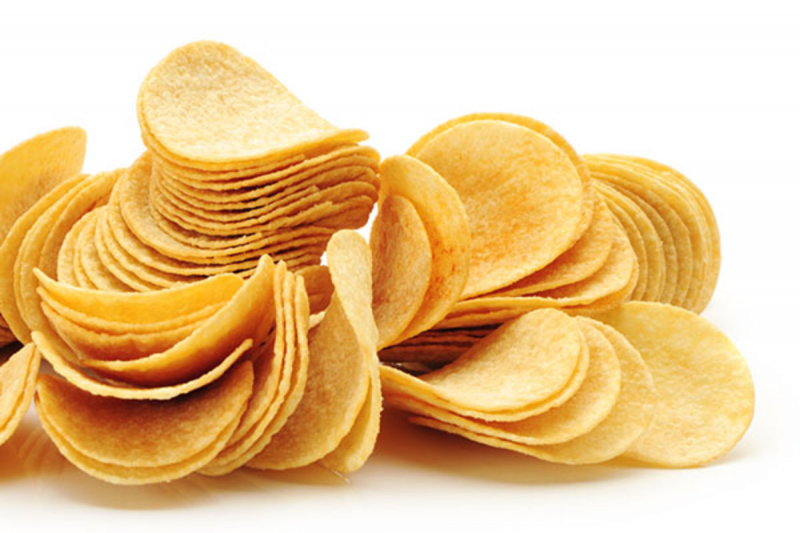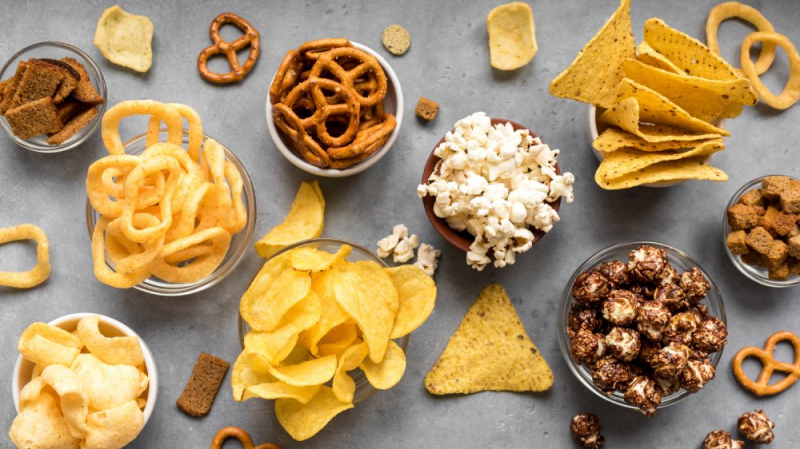Salty foods
High salt diets may cause tissue inflammation and raise the risk of autoimmune illnesses, thus salty foods like chips, frozen meals, and fast food may damage your immune response. Six healthy males were given 12 grams of salt each day for 50 days in a 2016 research. This was followed by around 50 days of ingesting 9 grams of salt per day, followed by a comparable period of consuming 6 grams per day. Finally, they consumed 12 grams each day for 30 days. The males showed greater amounts of white blood cells termed monocytes and inflammatory markers IL-23 and IL-6 on the high salt diet containing 12 grams per day. They also showed decreased levels of the anti-inflammatory protein IL-10, indicating an overactive immune system.
Salt may also reduce anti-inflammatory responses, change gut flora, and encourage the development of immune cells that are involved in the pathogenesis of autoimmune illnesses. Indeed, studies believe that excessive salt consumption may be linked to the rise in autoimmune illnesses in Western countries. Furthermore, excessive salt consumption has been linked to the worsening of pre-existing inflammatory disorders such as ulcerative colitis, Crohn's disease, rheumatoid arthritis, and lupus. As a result, cutting less on table salt and high-salt meals may help your immune system.












